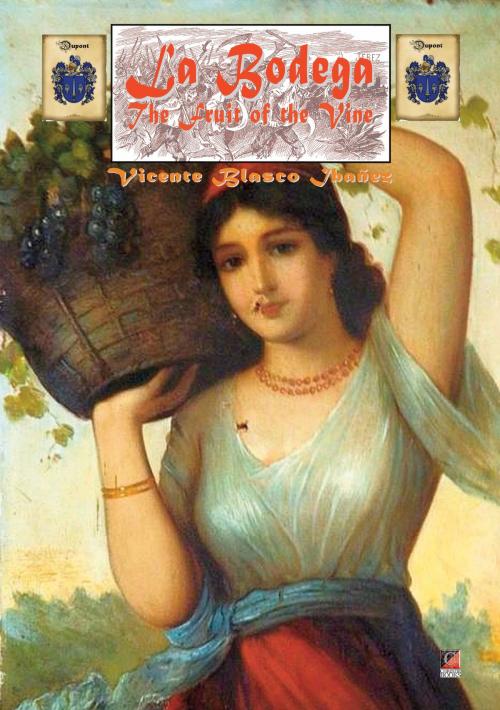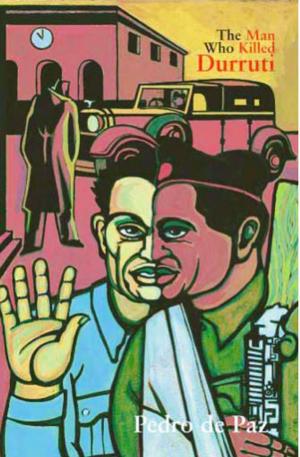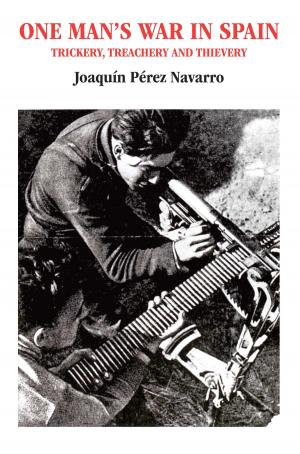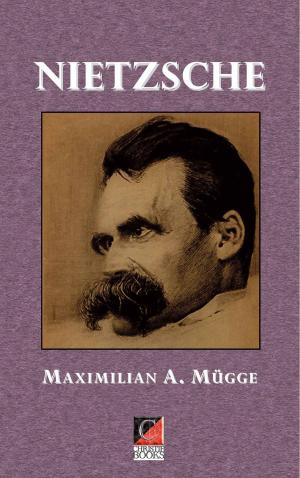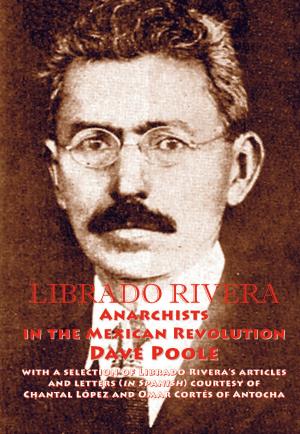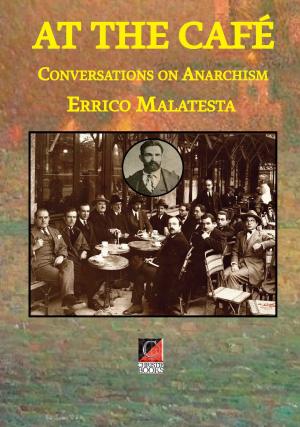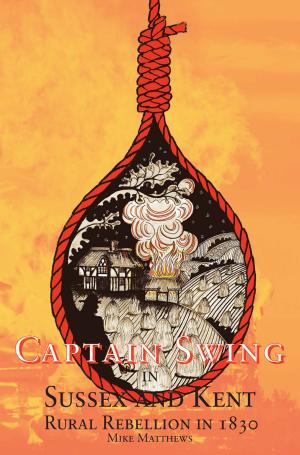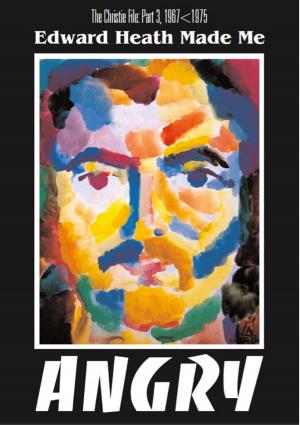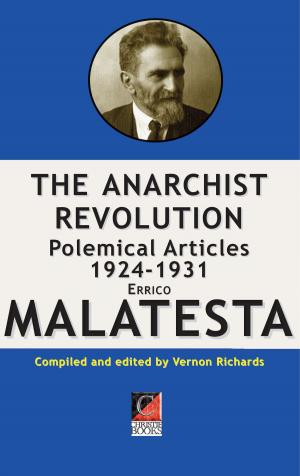| Author: | Vicente Blasco Ibañez | ISBN: | 1230001337174 |
| Publisher: | ChristieBooks | Publication: | September 7, 2016 |
| Imprint: | ChristieBooks | Language: | English |
| Author: | Vicente Blasco Ibañez |
| ISBN: | 1230001337174 |
| Publisher: | ChristieBooks |
| Publication: | September 7, 2016 |
| Imprint: | ChristieBooks |
| Language: | English |
“LA BODEGA,” written in 1903, is the third of the notable series in which Blasco Ibáñez attacks important questions of the day. It was preceded by “La Catedral” (The Shadow of the Cathedral) and “El Intruso” (“The Intruder”), and was directly followed by “La Horda” (“The Horde”). The first of these books deals with the retrogressive influence of the Catholic Church upon Spain; the second, with the Jesuits. “La Bodega” is a double assault : first, upon the vice of drunkenness, and second, upon the propertied interests that willfully keep the lower class ‘in ignorance. That same directness of purpose and vehemence of expression as characterize the author in “The Shadow of the Cathedral” and in “Blood and Sand” (Sangre y Arena)—which considered from the point of view of its subject matter belongs with the thesis novels—are also present in “La Bodega.” In this work, however, there is something more. There is a breath of the regional novel, reminiscent of the author’s earliest efforts, in the love story of Rafael and Maria de la Luz; there is a fountain of poetry not only in the amorous passages, but also in the passionate presentation of the rights of common humanity. The hovering figure. of Fernando Salvatierra, despite the extreme nature of his views, impresses the reader, even as he impresses his enemies, with the feeling that the ascetic revolutionist is indeed a lay saint. Writing sixteen years ago of a small section of Spain, Blasco Ibáñez seemingly foresaw much of what to-day is agitating the whole world. Perhaps, even as he forecasted the evils, he has given us a glimpse of the remedy.
The novel comes with particular timeliness during days when the question of prohibition is uppermost in the public mind. It should be noted that the Spaniard does not here attack the use of drinks, but rather their abuse, particularly as such abuse affects the working-class in its struggle against ignorance and exploitation. The Blasco Ibáñez of the present novel would hardly subscribe to the quatrain of the Rubaiyat:
Waste not your Hour, nor in the vain pursuit
Of This and That endeavor and dispute;
Better be jocund with the fruitful Grape
Than sadden after none, or bitter, Fruit.
“LA BODEGA,” written in 1903, is the third of the notable series in which Blasco Ibáñez attacks important questions of the day. It was preceded by “La Catedral” (The Shadow of the Cathedral) and “El Intruso” (“The Intruder”), and was directly followed by “La Horda” (“The Horde”). The first of these books deals with the retrogressive influence of the Catholic Church upon Spain; the second, with the Jesuits. “La Bodega” is a double assault : first, upon the vice of drunkenness, and second, upon the propertied interests that willfully keep the lower class ‘in ignorance. That same directness of purpose and vehemence of expression as characterize the author in “The Shadow of the Cathedral” and in “Blood and Sand” (Sangre y Arena)—which considered from the point of view of its subject matter belongs with the thesis novels—are also present in “La Bodega.” In this work, however, there is something more. There is a breath of the regional novel, reminiscent of the author’s earliest efforts, in the love story of Rafael and Maria de la Luz; there is a fountain of poetry not only in the amorous passages, but also in the passionate presentation of the rights of common humanity. The hovering figure. of Fernando Salvatierra, despite the extreme nature of his views, impresses the reader, even as he impresses his enemies, with the feeling that the ascetic revolutionist is indeed a lay saint. Writing sixteen years ago of a small section of Spain, Blasco Ibáñez seemingly foresaw much of what to-day is agitating the whole world. Perhaps, even as he forecasted the evils, he has given us a glimpse of the remedy.
The novel comes with particular timeliness during days when the question of prohibition is uppermost in the public mind. It should be noted that the Spaniard does not here attack the use of drinks, but rather their abuse, particularly as such abuse affects the working-class in its struggle against ignorance and exploitation. The Blasco Ibáñez of the present novel would hardly subscribe to the quatrain of the Rubaiyat:
Waste not your Hour, nor in the vain pursuit
Of This and That endeavor and dispute;
Better be jocund with the fruitful Grape
Than sadden after none, or bitter, Fruit.
